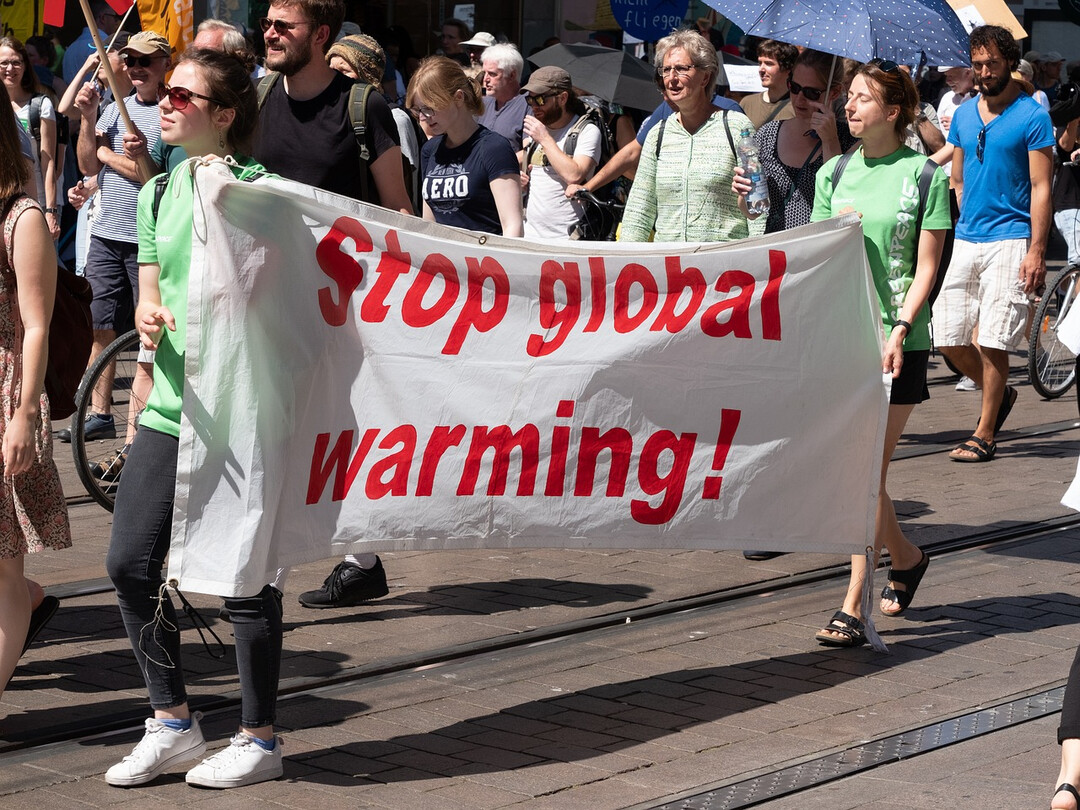
The flash floods that ravaged Spain's eastern Valencia region two weeks ago were the deadliest natural disaster in the country's living memory. While the Spanish government responded with the largest peacetime mobilization of its military and police in recent history, it still faced heavy criticism for delayed emergency assistance in certain areas and a perceived lack of preparedness for such a catastrophe.
This event serves as a stark reminder that the consequences of climate change are intensifying, with more frequent and severe extreme weather events impacting a growing number of people and regions. If even a developed country like Spain is struggling to cope, how can developing nations face the impending catastrophes?
This week, over a hundred world leaders convened in Baku, Azerbaijan for the COP29, another round of UN climate negotiations. The primary agenda is a new climate finance deal.
At the 2009 Copenhagen Climate Summit, developed countries pledged to collectively mobilize $100 billion per year by 2020 to support climate action in developing countries. This goal was finally met in 2022, two years after the deadline. Since then, nations have been working to secure a new, more ambitious deal, dubbed the New Collective Quantified Goal (NCQG), to replace the old one. The new deal aims to significantly raise the promised annual contributions above the $100 billion floor and bridge the growing gaps in the climate finance framework.
Estimates for the funds required to address the climate change-related needs of developing nations are now in the trillions of dollars. The United Nations Framework Convention on Climate Change (UNFCCC), for example, estimates that developing countries will need between $5.8 to $5.9 trillion by 2030 at a minimum to address their climate needs. This means that if developing nations are to have any chance of building clean-energy systems, preparing for extreme weather events and responding effectively to natural disasters like the one in Spain, a new, more comprehensive climate finance deal is urgently needed.
Consequently, several billion-dollar questions are being debated in Baku this week: Where should the money for the NCQG come from, and how much? What types of finance should feed into it? What should it fund and where?
Negotiations for the NCQG have been underway for over two years, but there is still no consensus among nations on these crucial questions.
Developing countries and civil society groups have already put forward concrete proposals about what the NCQG should look like and involve, yet wealthier nations remain silent. The developed world’s lack of action on securing a new climate finance deal undermines trust and even risks unraveling the Paris Agreement.
Developed nations appear to be making two grave mistakes around NCQG negotiations that could have serious consequences for our collective future.
[Copyright (c) Global Economic Times. All Rights Reserved.]



























